 A bill presented by MK (Likud) Michael Eitan passed its second and third (final) readings in Knesset on Tuesday, compelling the Supreme Court and Rabbinical courts to transcribe all court sessions.
A bill presented by MK (Likud) Michael Eitan passed its second and third (final) readings in Knesset on Tuesday, compelling the Supreme Court and Rabbinical courts to transcribe all court sessions.
Existing laws demand the courts document court hearings but over the years, the Supreme Court offered its own interpretation which led to a cessation of the practice, which recently has slowly begun to return in limited form.
The new law demands that the session be recorded as is done by stenographers, and not just questions, responses and main points of sessions. It is commonplace that much of what is said by a judge or dayan is lost, never transcribed in the hard copy of the session, and therefore, never documented in a case.
Because the Rabbinical Courts are not financially able to meet the demands of the new law immediately, they have been granted an 18 month period to prepare themselves for this new reality.
(Yechiel Spira – YWN Israel)


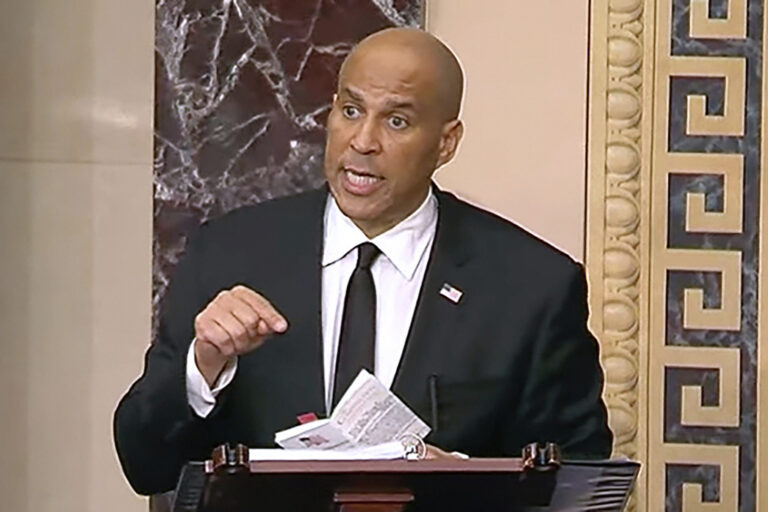
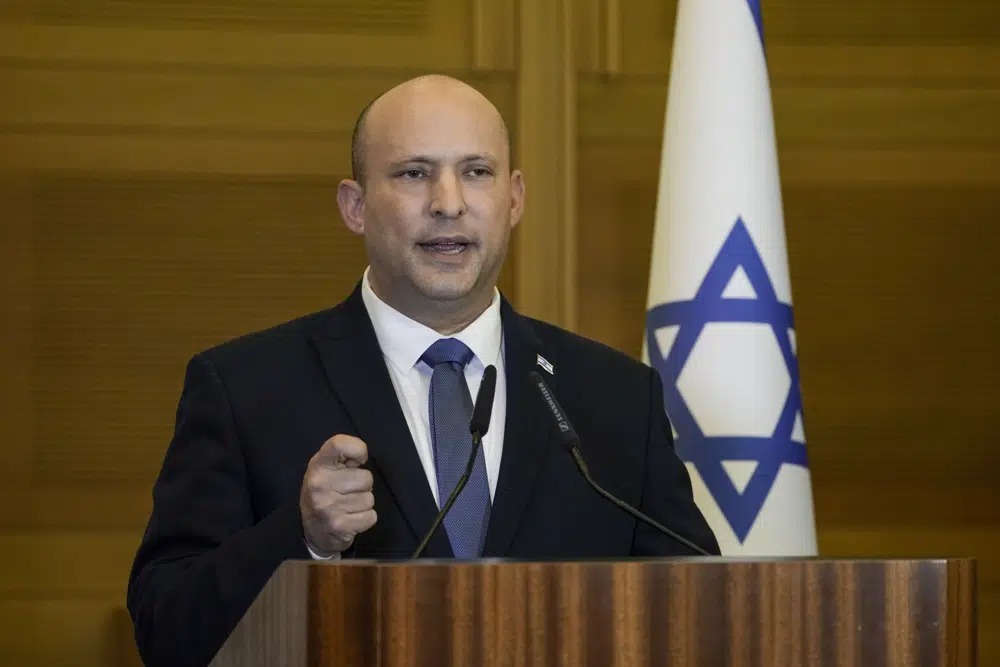
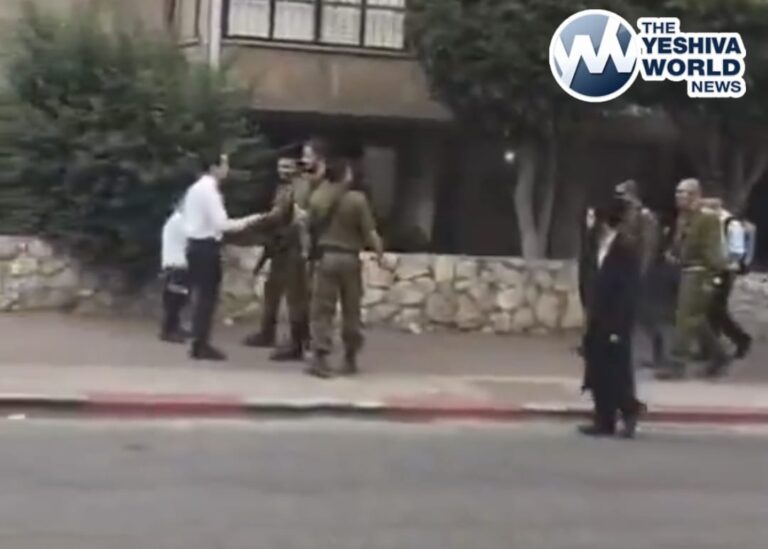


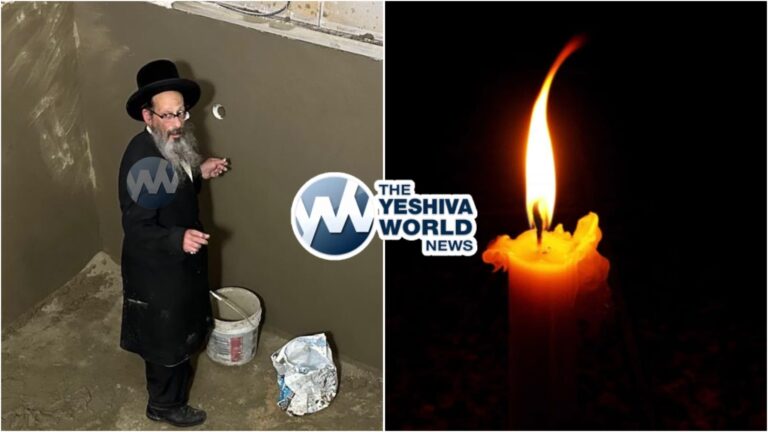

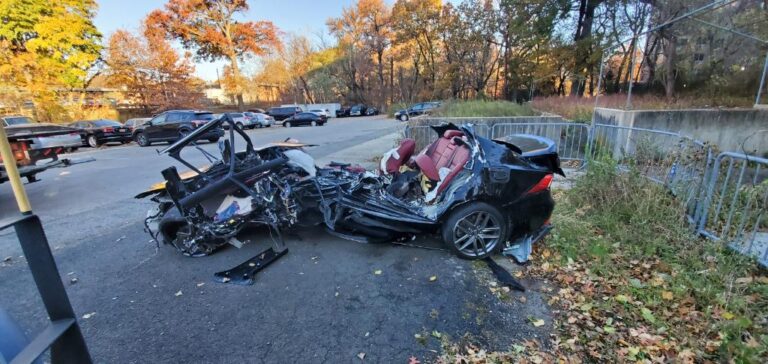

6 Responses
Its about time. The transcriptions in the bais din are pathetic. Half of what goes on at the hearing is left out.
What takes 18 months to get stenographers? (beside typical bais din dawdling)
How about tape recordings.
Having been involved in a Din Torah, it is truly terrible how much the Dayanim forget and don’t write down on their own. This should be required of all Botei Dinim and no one should agree to a Din Torah without a professional note taker here in the USA either.
its a vry good idea “vdie-l’mieven”
in the united states, keeping too much records leads to review of a decision by civil / secular courts, which is itself a “bizayon of a bet din”.
the problem, is that batei din operate on the premises of bizayon to the parties (and often bizayon to the bet din. however, everyone is making $$$, except the poor ba’alei din! so no one cares!)